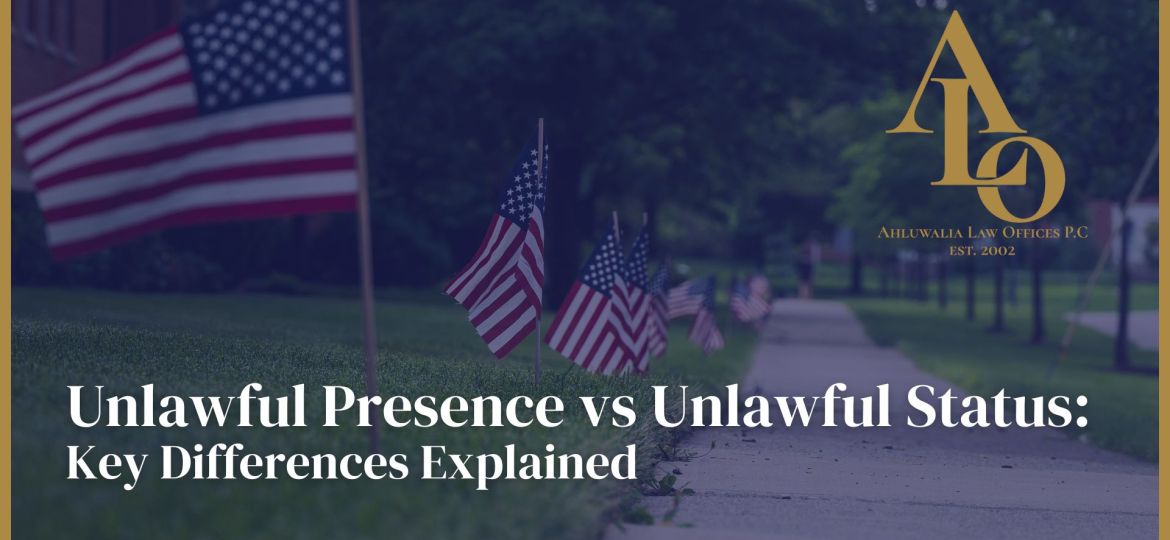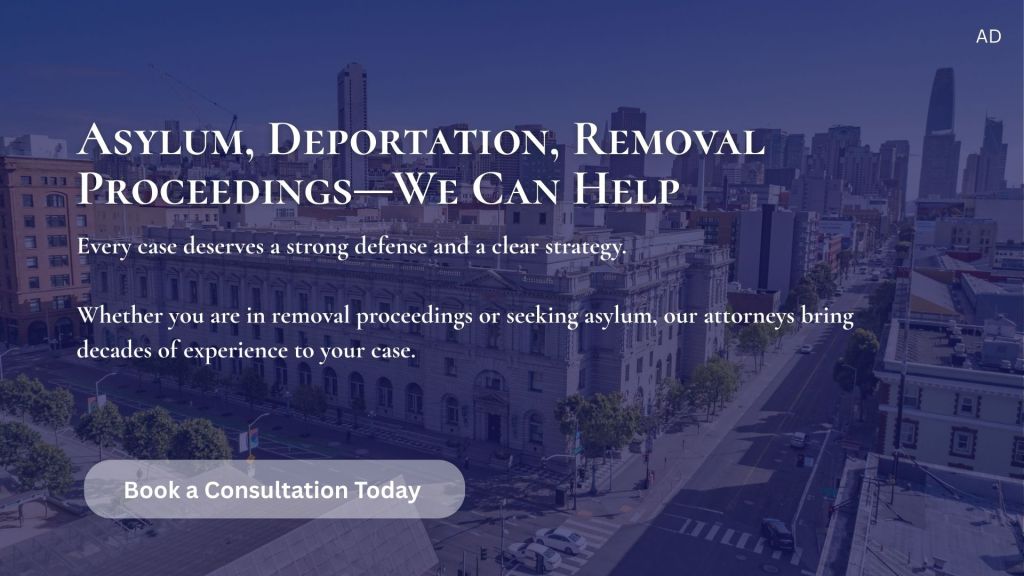
In today’s immigration environment, foreign nationals must clearly understand the difference between unlawful presence and unlawful status. These terms are often used interchangeably but carry distinct legal meanings with very different consequences for your ability to remain in, or return to, the United States.
What is Unlawful Presence?
Most foreign nationals are admitted into the United States with an I-94 Arrival/Departure Record issued by U.S. Customs and Border Protection (CBP). The I-94 indicates how long a person is authorized to stay. Remaining in the U.S. beyond the date listed on the I-94—without filing a timely request for an immigration benefit such as an extension or change of status—results in unlawful presence.
- Even a single day beyond the I-94 expiration date can trigger unlawful presence.
- Those with “Duration of Status” (D/S) admissions, such as students and exchange visitors, do not automatically accrue unlawful presence if they overstay. However, if U.S. Citizenship and Immigration Services (USCIS) finds a violation of status while adjudicating an application, unlawful presence may begin the day after the denial.
Consequences of Unlawful Presence
- Visa invalidation: Even one day of unlawful presence voids the visa stamp used for entry.
- Bars to reentry:
- Over 180 days of unlawful presence results in a 3-year bar upon departure.
- Over 365 days results in a 10-year bar.
- Permanent bar: Multiple overstays totaling one year or more, followed by an unauthorized reentry, can lead to a lifetime ban from the U.S. under the Immigration and Nationality Act (INA).
What is Unlawful Status?
Being “out of status” means a foreign national is not complying with the terms of their visa, even if their I-94 has not expired. Examples include:
- Working for an employer not authorized by the visa.
- Engaging in unauthorized freelance or “gig” work, such as driving for rideshare apps or selling goods online.
- A dependent spouse remaining in the U.S. after a divorce from the principal visa holder.
It is possible to be out of status without accruing unlawful presence. However, remaining out of status can jeopardize future immigration benefits, extensions, and changes of status.
Why This Distinction Matters
Understanding whether you are unlawfully present, out of status, or both is essential for protecting your ability to stay in or return to the U.S. Incorrectly assuming the two are the same could result in serious immigration penalties.


